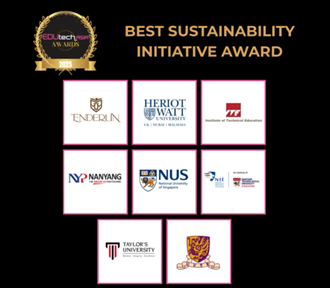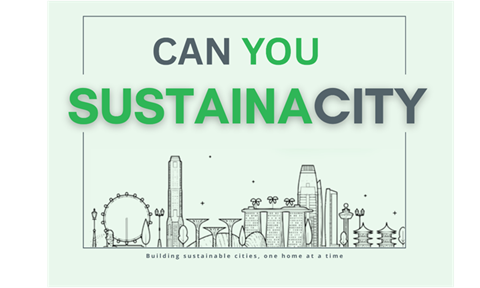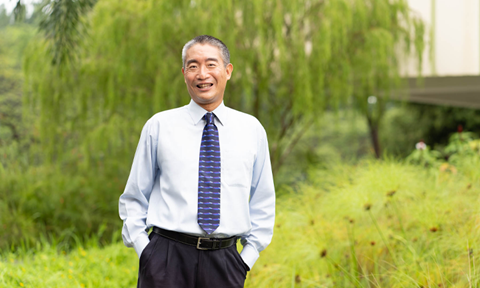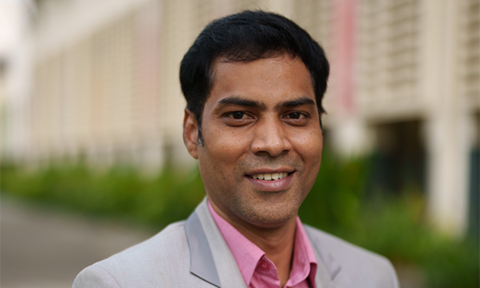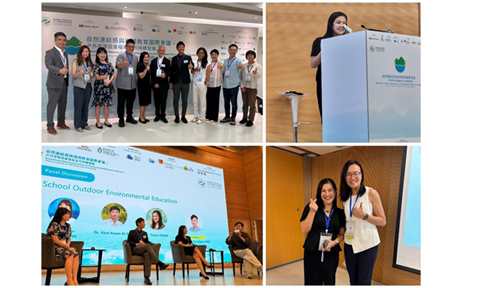Dr Kenneth Lim Yang Teck publishes a book, two journal articles and speaks at two events
Dr Lim Yang Teck Kenneth, Senior Education Research Scientist at the Centre for Research in Pedagogy and Practice (CRPP), published a book titled, ‘Virtual Fieldwork in Humanities Education’. This book is a sequel to the book 'Fieldwork in Humanities Education in Singapore' (Springer, 2021). It addresses some of the queries raised in response to the first book, on the utility of the ‘physical’ or ‘face-to-face’ fieldwork. Combining the opportunities unravelled by new technologies and diverse demands to actualise learning, this book showcases a variety of engagements in virtual fieldwork. These demonstrate current developments in the deployment of fieldwork in teaching and learning in Singapore, as well as discuss pertinent interacting issues in technology that arise. The chapters in this book informs evidence-based recommendations for – inter alia – the integration of virtual reality (VR) systems into place-based curricula.
Dr Lim and his team members Nguyen Duc Minh Anh and Nguyen Thien Minh Tuan have published in the journal 'AI, Brain and Child'. With assistance from Assistant Professor Hugo F Posada-Quintero of the Department of Biomedical Engineering at the University of Connecticut, the most recent study on neuroergonomics and learning from Dr Lim's team is published as 'Investigating effects of microclimate on stress and affect using low-cost wearables in quasi-formal academic contexts'.
Dr Lim and his team have also published one of the first empirical studies on the affordances for learning of the mixed reality headset, namely the Apple Vision Pro. Published through blind peer review in Volume 4 of the journal Virtual Worlds, the paper by Dr Lim and his team is titled 'Annotating the Field: Investigating the Affordances of Mixed Reality for Learning Beyond the Classroom' and is published in a special issue themed 'Contemporary Developments in Mixed, Augmented, and Virtual Reality: Implications for Teaching and Learning'.
Dr Lim was invited by World Learning and Digital Communication Network Global to speak at 'Digital Education for Digital Transformation, Shaping the future of learning and innovation'. This was an event held in Seoul from the 15 to the 17 of June 2025 and was made possible through funding by the Bureau of Educational and Cultural Affairs of the State Department of the United States.
Dr Lim was also invited to speak at a panel themed on 'Redefining Higher Education in Southeast Asia', and - together with his student Bryan Kuok - spoke on the topic of 'Virtual Field Trips and Spatial Media as Scalable Learning Tools' and also facilitated a workshop themed on 'Extended Reality (XR) within and without the Classroom: Designing authentic immersive learning experiences'. During this latter workshop, Mr Bryan introduced the audience to 'Montara' - a location-aware spatial annotation app for the Apple Vision Pro headset, which he had designed and coded by himself.
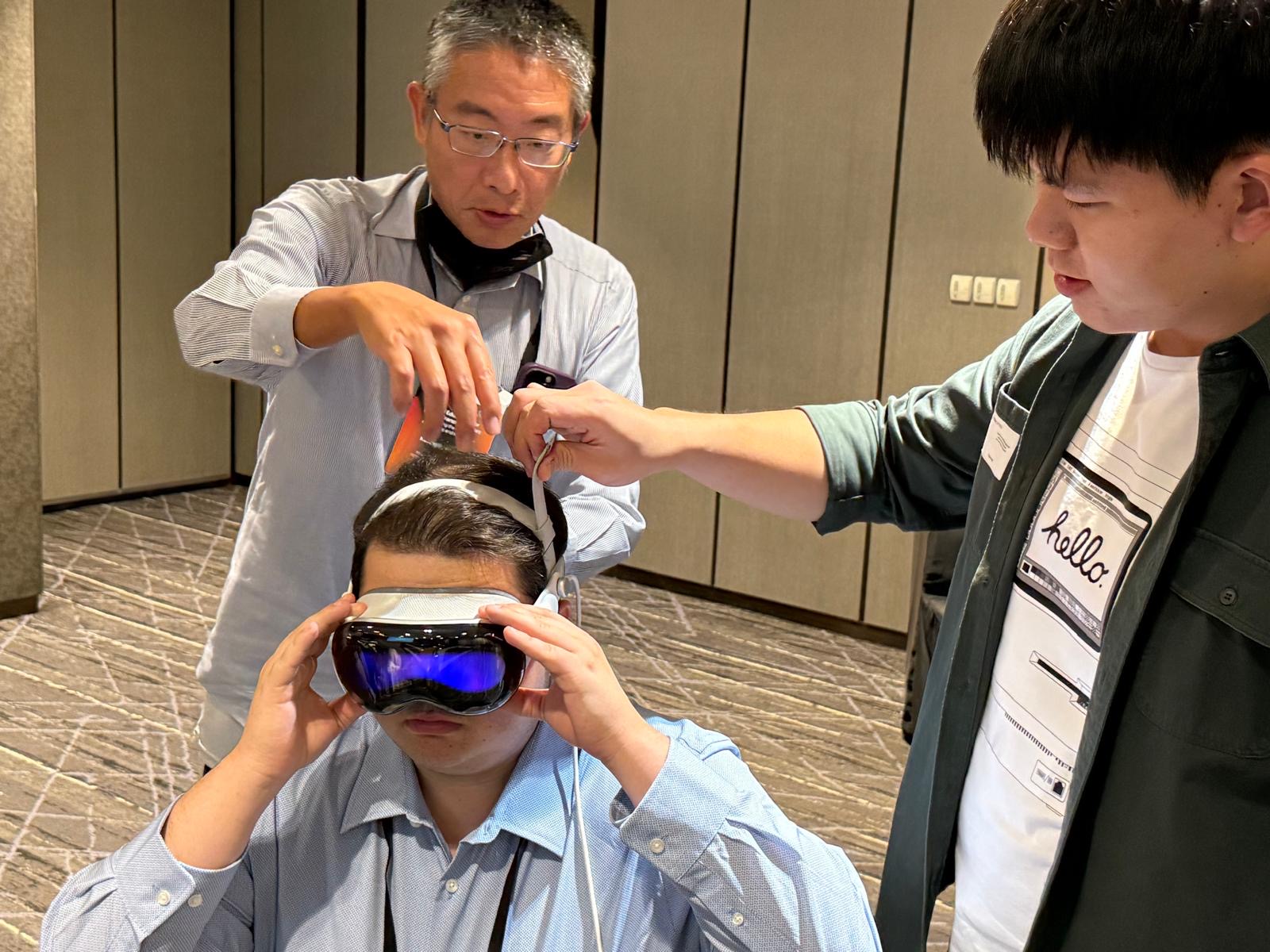
Lastly, Dr Lim shared his team's work in neuroergonomics and the digital humanities during the annual symposium of the Digital Geographies Research Group of the Royal Geographical Society. Dr Lim was joined during the symposium by his students Anton Pascual and Nathan Asikin; together, they shared two presentations - the first themed on neuroergonomics and education for sustainable development, and the second on an analysis of congressional texts using digital tools. The symposium took place on the 19 and 20 June 2025. The theme of this year's symposium was 'Global Digital Geographies', through which participants engaged with a geographical critique of the binary conception of territory and network in the context of globalisation.


.tmb-listing.jpg?Culture=en&sfvrsn=60db54e_1)
